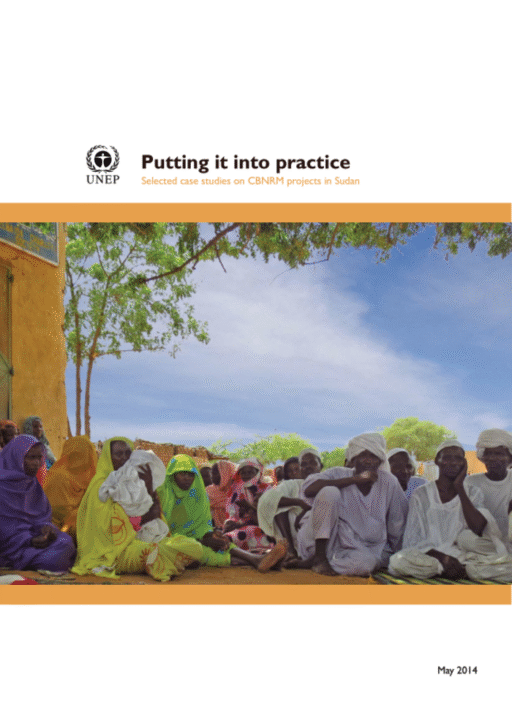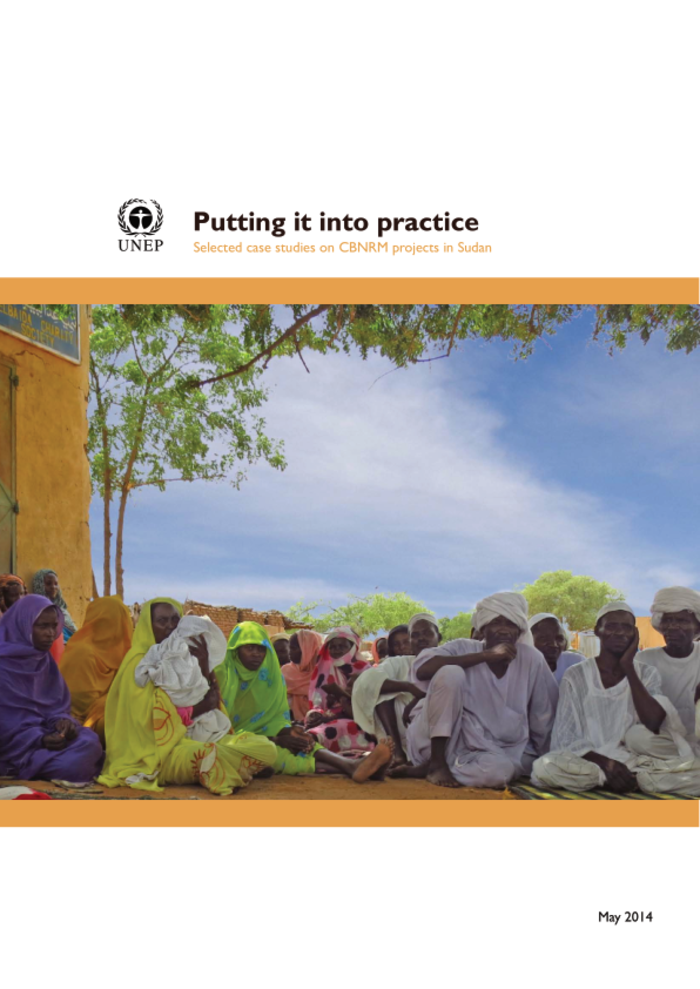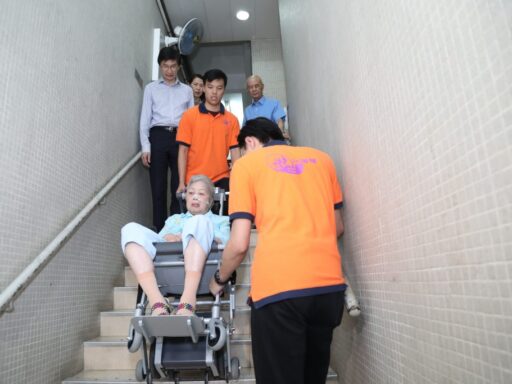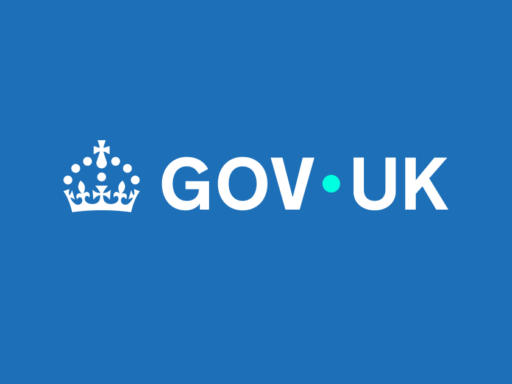1. BACKGROUND
Across Sudan, local communities are facing a number of concurrent processes of change, including climate change, drought, population movement and, in places, conflict. These processes threaten the natural resource base communities rely on for their livelihoods. Understanding the dynamics of and changes in natural resource use and availability at the community level is considered a key component of UNEP Sudan’s work and informs UNEP’s engagement with all partners. Working with communities to understand and to enhance community, local-level natural resource management will help empower communities and increase their resilience to changing climatic and economic conditions.
This report shares case studies that were presented at the Community-Based Natural Resource Management (CBNRM) policy workshop held in Khartoum, 8–10 October 2013. The workshop brought together practitioners in the field of CBNRM and community members to discuss lessons learned from previous CBNRM processes, to identify common challenges and to define a strategy on how to scale-up CBNRM processes and make them available to a greater number of communities throughout Sudan.
The case studies presented in this booklet formed the basis for the discussions during the workshop and informed the recommendations that were agreed on by the end of the workshop. The case studies are not meant to form an exclusive list of approaches to CBNRM; instead, the case studies should be considered a tool to inspire and facilitate dialogue on past experiences and best practices, with the aim of increasing the understanding and the scope of community-based engagement with respect to natural resource management.
One of the recommendations evolving from the discussions at the workshop was that community-based approaches have a strong impact at the community level but need to be better reflected in donor and government policies, in order to sustainably change practices on the ground. This set of case studies forms part of the documentation that UNEP hopes will support policy dialogue at all levels.







